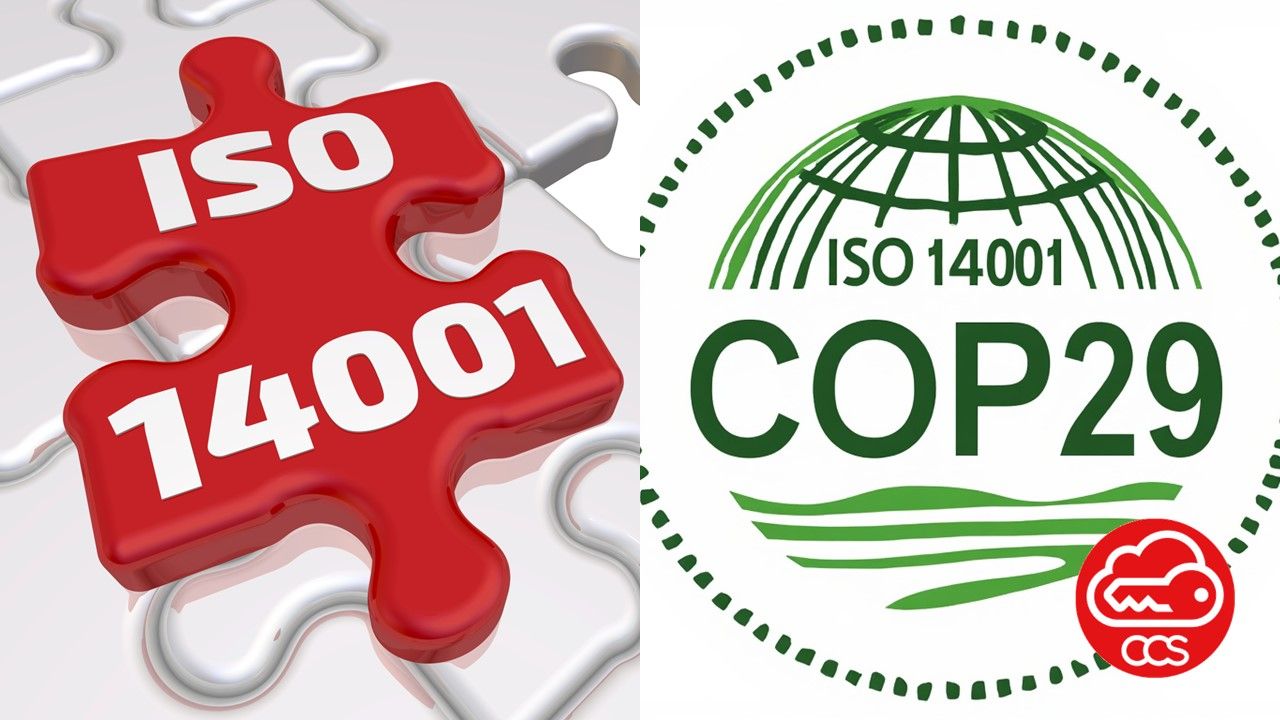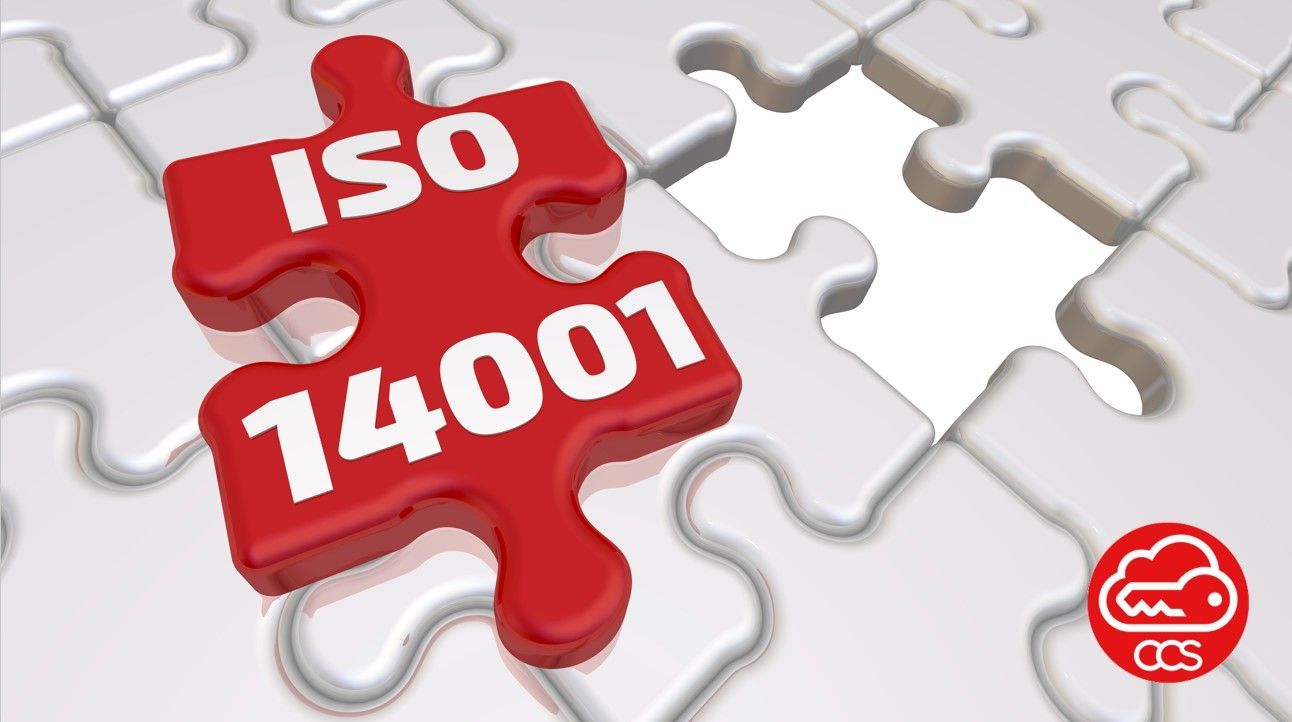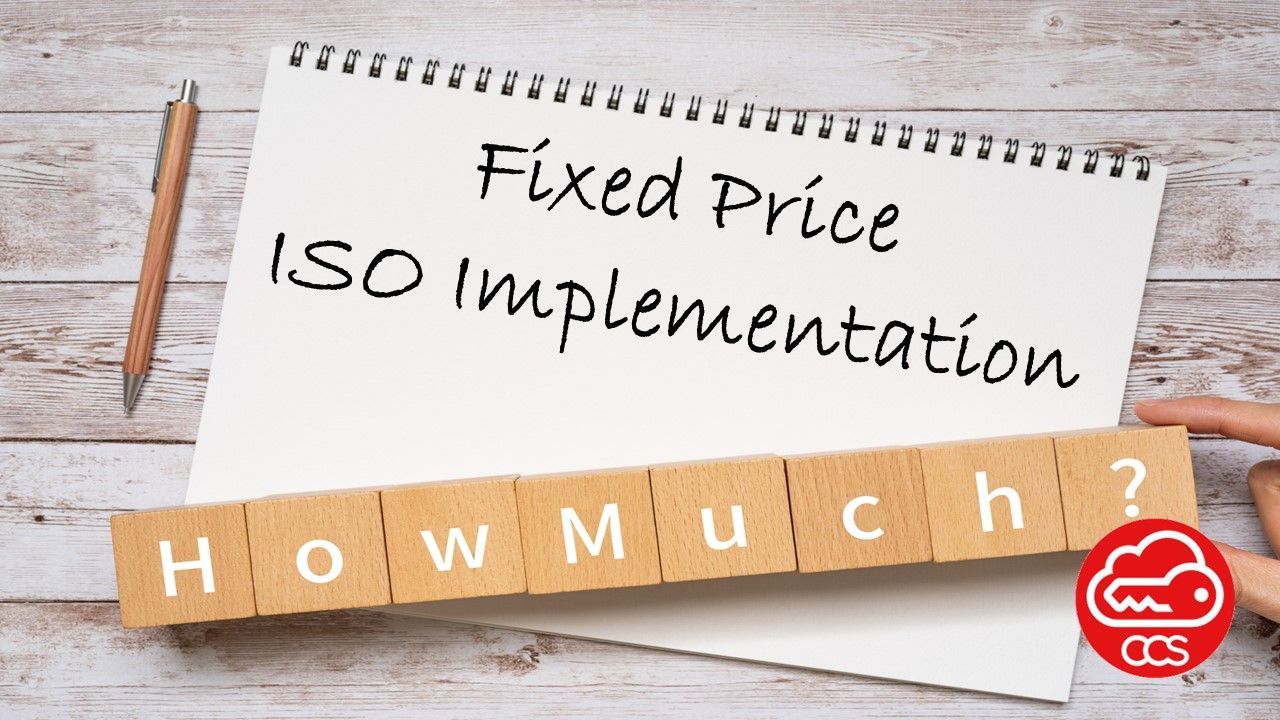How ISO 14001 Can Drive Climate Action at COP29
As the world gears up for the 29th United Nations Climate Change conference (COP29), the focus intensifies on actionable strategies to mitigate and adapt to climate change. Among the plethora of solutions being discussed, ISO 14001 emerges as a pivotal tool for organizations aiming to align their operations with global environmental goals.
Here's how this international standard could significantly influence the outcomes at COP29:
Enhancing Environmental Performance
ISO 14001 sets a benchmark for an effective environmental management system (EMS). By adopting this standard, companies commit to a cycle of continuous improvement in their environmental performance. This commitment directly supports COP29's agenda, particularly in reducing greenhouse gas emissions, which is vital for meeting global climate targets.
Supporting Climate Finance Initiatives
Climate finance will be a central topic at COP29, with discussions around the New Collective Quantified Goal (NCQG) for funding climate actions in developing countries. ISO 14001 certification can enhance an organization's appeal to investors and financial institutions by showcasing a structured approach to environmental management. This certification can signal to climate financiers that an organization is serious about reducing its environmental footprint, thus facilitating access to funds aimed at sustainable projects.
Promoting Transparency and Accountability
Transparency in environmental impact is crucial for the Paris Agreement's enhanced transparency framework, which requires countries to report accurately on their emissions and climate actions. ISO 14001 mandates regular monitoring and reporting of environmental performance, which not only aids in corporate accountability but also supports international climate reporting obligations.
Fostering Sustainable Practices
The standard encourages organizations to integrate environmental considerations into their operational strategies, leading to innovations in areas like energy efficiency, waste management, and sustainable resource use. These practices resonate with COP29's emphasis on transitioning to renewable energy sources and reducing reliance on fossil fuels.
Facilitating Global Cooperation
By adopting ISO 14001, companies align their environmental strategies with international climate objectives, facilitating cooperation across different sectors and borders. This alignment is essential for the global effort needed to address climate change.
Risk Management
Climate change introduces various risks to business operations, from physical risks like extreme weather events to transition risks associated with shifting to a low-carbon economy. ISO 14001 requires organizations to assess these environmental risks and opportunities, preparing them for the adaptation strategies that will be debated at COP29.
Alignment with National and International Climate Commitments
With the expectation that countries will revise their nationally determined contributions (NDCs) by 2025, ISO 14001 provides a framework for organizations to set, track, and achieve environmental targets that contribute to these national commitments. This standard helps ensure that corporate environmental goals are in sync with national targets, enhancing the overall effectiveness of global climate action.
As COP29 is underway, the role of frameworks like ISO 14001 becomes increasingly evident. This standard not only aids individual organizations in managing their environmental impact but also collectively supports the global community's efforts in combating climate change. By integrating ISO 14001 into their operations, businesses can play a crucial part in the success of international climate conferences, ensuring that their actions reflect the urgency and commitment needed to achieve sustainable, long-term environmental goals.
This synergy between corporate environmental management and international climate policy underscores the importance of standards like ISO 14001 in our collective journey towards a more sustainable future.





